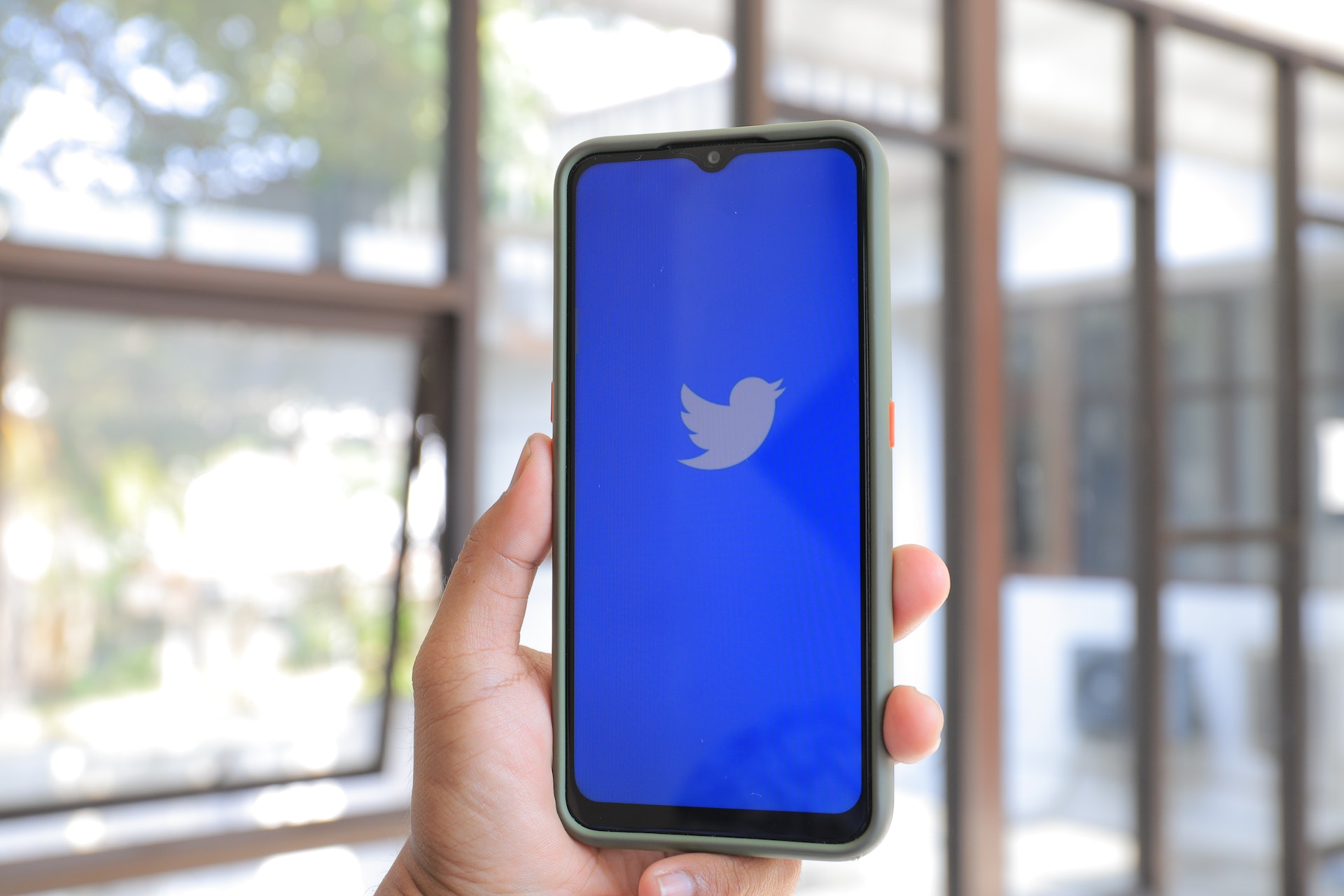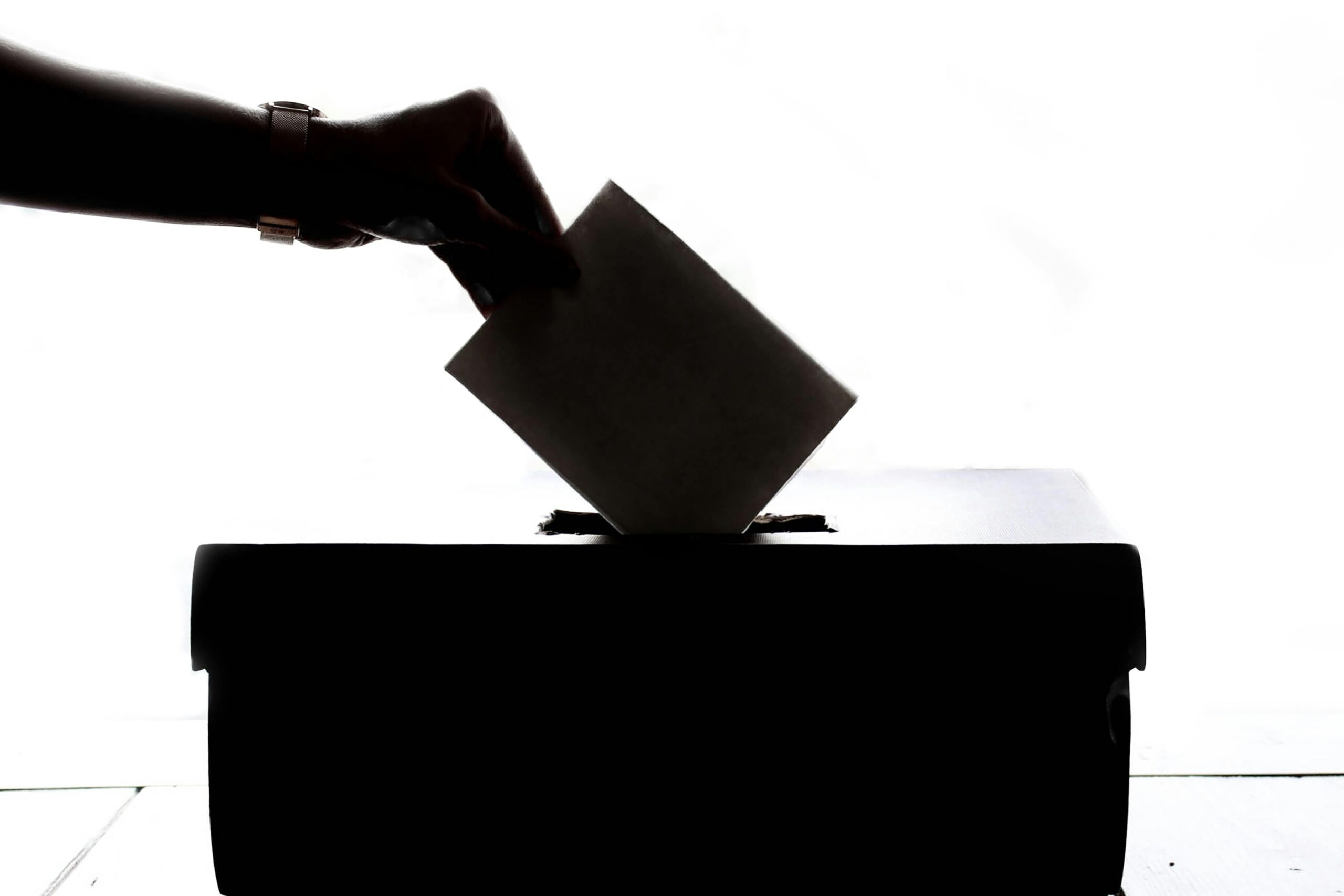Leftists are, as a rule, psychologically simple creatures, animated by easily identified, unsophisticated emotions and thought patterns. That fact explains the reaction seen to potential changes in Twitter, the default platform for national political debate.
New York Times columnist Michelle Goldberg wrote an entire piece last week explaining her hope that should billionaire Elon Musk prove successful in purchasing Twitter and subsequently dismantling the pro-censorship structure that governs it now, he will effectively render it unusable.
“I have a shred of hope … that if Musk makes Twitter awful enough, users will flee, and it will become less relevant,” said Goldberg. “I’m usually wary of arguments that declining conditions are a catalyst to progress. … I’m going to make an exception for Twitter, though. The best thing it could do for society would be to implode.”
Despite admitting that she, like other influential figures in the corrupt national media, is a highly engaged user of Twitter — “it’s useful for my job” — Goldberg cheered for its demise in the event that new ownership moves the platform in a direction more open and tolerant of views and activity she doesn’t like. “Musk’s politics are shaped by a fondness for trolling and a hatred of wokeness, and he’s likely to make the site a more congenial place for racist demagogues and conspiracy theorists,” she added. “Given Twitter’s outsize influence on media and politics, this will probably make American public life even more fractious and deranged.”
There are a few different psychological tendencies at play here, but nothing more complex than the standard foul mood a child experiences when he’s been told to share, or the word “no.”
By asserting that Twitter is only valuable and worth existing when the left determines who can say what on the platform, Goldberg is exhibiting what three scholars in 2020 called the “sour-grape effect.” Hallgeir Sjastad of the Norwegian School of Economics, Roy Baumeister of the University of Queensland in Australia, and Michael Ent of Towson University described that phenomenon as “a systematic tendency to downplay the value of unattainable goals and rewards.”
Because Goldberg feels that she and her political allies are hopelessly failing on Twitter — namely, in retaining power to censor political dissent or alternative information she opposes — she maintains that the platform isn’t that good anyway. Musk has never publicly said he would diminish the voices of journalists such as Goldberg, but by removing her preference for censorship of others, she would have her readers convinced that Twitter’s value would be cheapened, if it were ever truly worth something (the place she visits and uses daily).
Goldberg also predicted that a Musk-owned Twitter could attract new users, “but at the price of repelling others.” By “others,” she of course means people like her.
Ryan Bailey and Jose Pico, two doctors of family medicine, published work earlier this year on “primitive defense mechanisms” in individuals, one of them being avoidance, or “keeping away from people, places, or situations associated with uncomfortable thoughts or feelings.” True, most people would understandably rather not willfully submerge themselves in unpleasant environments. But we’re not talking about a smelly restaurant or a long road trip with Goldberg. We’re talking about a place where, in a democratic republic, opposing points of view can be considered and confronted. A place where alternative information or even new opinions that challenge the professional consensus can be shared by everyone. Pursuing and grappling with such an environment is an activity formerly known as “journalism.” Now it’s something the left instinctively opposes on a base psychological level.
Lastly, consider how truly angry the thought of loosening its grip on Twitter has driven the Goldbergs, to the point where they use words such as “destroy.” They never seemed truly happy having their power, but that’s another phenomenon of the mind, something called loss aversion, described by behavior economist Dr. Shahram Heshmat as “an expression of fear” related to a tendency by individuals to “focus [more] on setbacks than progress.” In essence, Goldberg enjoyed enough being on the side of the current pro-censorship Twitter, but she has far more hatred for the idea of that side losing its status. And thus she ended her piece with this: “Twitter can’t be saved. Maybe, if we’re lucky, it can be destroyed.”
If I can’t have Twitter, no one can.
All of this is to say the hysterics and drama over Twitter and new ownership aren’t because there’s a legitimate fear of “the spread of misinformation” or a worry that “ultra MAGA Republicans” will take over. It stems from the emotional, child-like mentality of liberals who can’t tolerate coexisting with the other half of the country.





 Politics2 years ago
Politics2 years ago
 Politics2 years ago
Politics2 years ago
 Politics2 years ago
Politics2 years ago
 Health2 years ago
Health2 years ago
 Politics2 years ago
Politics2 years ago
 Politics2 years ago
Politics2 years ago
 Entertainment2 years ago
Entertainment2 years ago






